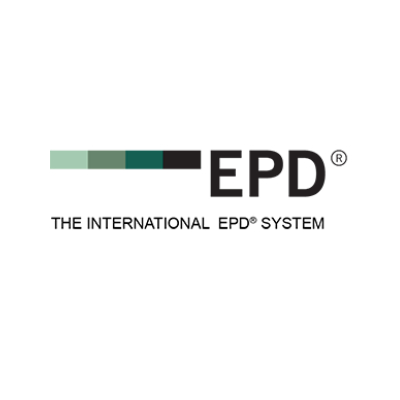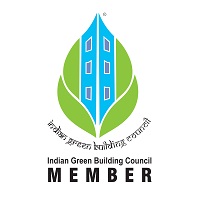Solar Energy
Solar energy is an abundant source of renewable energy that has the potential to meet our growing energy demands while reducing our reliance on fossil fuels. However, one of the challenges of solar energy is that it can be affected by temperature, with solar panels losing efficiency as they heat up. Fortunately, a new technology called cool tops is revolutionizing the way we think about solar energy systems.
Cool tops are a type of solar panel that has a unique cooling system built into them. The system consists of a layer of water that is circulated through the panel, absorbing the heat that would otherwise cause the panel to lose efficiency. The water is then pumped through a heat exchanger, where the heat is transferred to a separate system for heating or other uses.
The benefits of cool tops are clear. By keeping the solar panels cool, they can maintain their efficiency even in hot weather, which can make a big difference in areas with high temperatures. For example, a study in California found that cool tops could increase the energy output of solar panels by up to 20% in hot weather conditions.
Cool tops can also help to extend the lifespan of solar panels. Over time, exposure to heat and sunlight can cause wear and tear on solar panels, leading to a decrease in their efficiency and, ultimately, their lifespan. By keeping the panels cool, cool tops can reduce the wear and tear caused by high temperatures, thereby extending the lifespan of the panels.
Another benefit of cool tops is that they can reduce the amount of water needed for cleaning solar panels. In traditional solar panel systems, dust and debris can accumulate on the panels, which can reduce their efficiency. To clean the panels, water is typically used to rinse off the debris. However, with cool tops, the water used to cool the panels can also be used to rinse off any debris, reducing the amount of water needed for cleaning.
In addition to these benefits, cool tops can also be more aesthetically pleasing than traditional solar panels. Because the cooling system is integrated into the panel itself, there is no need for unsightly pipes or tubes to be visible, creating a cleaner and more streamlined appearance.
While cool tops are still a relatively new technology, they have already shown great promise in improving the efficiency and lifespan of solar panels. As the demand for renewable energy continues to grow, technologies like cool tops will become increasingly important in ensuring that we are able to meet our energy needs while minimizing our impact on the environment.
Benefits Of Choosing Panache’s Green Rated Products:
Our Partnership Programs

Cross complemented product and services providers can be enrolled under this partnership program (Roofing contractor, HVAC contractors, HVLS Fans supplier)
Know More

Any individual from consultation fraternity to execution contractors can participate in such a program.
Know More

DSA (Direct selling Agent) partnership program provides opportunities to become entrepreneur in COOL ROOFING industries to each and every individual who wants to make their career as freelancers.
Know More
Green Talk Initiatives

Client Success Stories
FAQ’s
A Cool Roof coatings consists of a binder (usually an organic compound or silicone compound) blended with pigments and other additives to provide two main benefits: protection of roof membranes for longer roof life cycles; and reflectivity of solar radiation, for lower air conditioning costs.
The main components of most Cool Roof coatings are the binder, pigment, water and reflective pigments. Water serves as a liquid carrier, which provides viscosity, allowing the pigment and binder to be spread on the roof as a thin coating. The majority of white coatings in use today are water-based coatings
An energy efficient , white, reflective, elastomeric coating manufactured by Panache can reflect up to 92% of visible light, keeping the roof surface much cooler than with aluminum, black, or non-reflective roofing materials. Lower temperatures mean less energy usage, and translate to money saved. Elastomeric roof coatings protect the roof substrate adding years to your roof, plus saves against costly tear-offs and re-roofing.

 Get Free Audits
Get Free Audits Get Free Quote
Get Free Quote




















